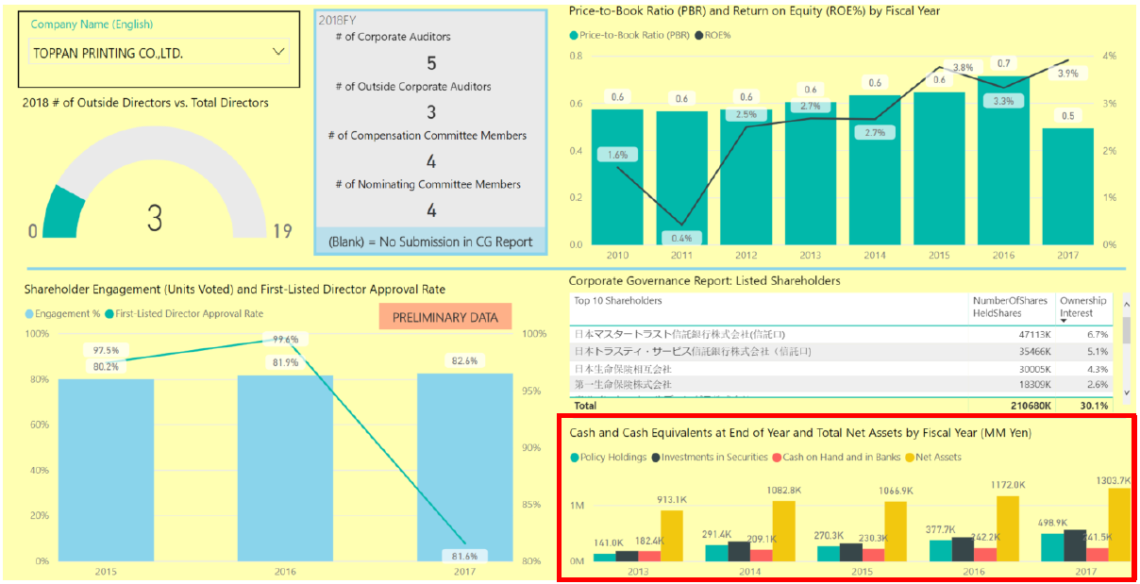The London Borough of Camden Pension Fund recently updated its voting guidelines. I thought it might be interesting for Japanese readers to see how detailed such guidelines by foreign pension funds are. It is interesting to note that if you applied these voting criteria to most Japanese companies, almost none of them would pass muster, and the result we would be that many resolutions (and many directors) would not be approved. Japan is still far, far behind the level of “stewardship” and expected governance practices in many other countries.
London Borough of Camden Voting Guidelines 2020
Very few pension funds in Japan (none that I know of) have voting policies at anything near this level of detail.




